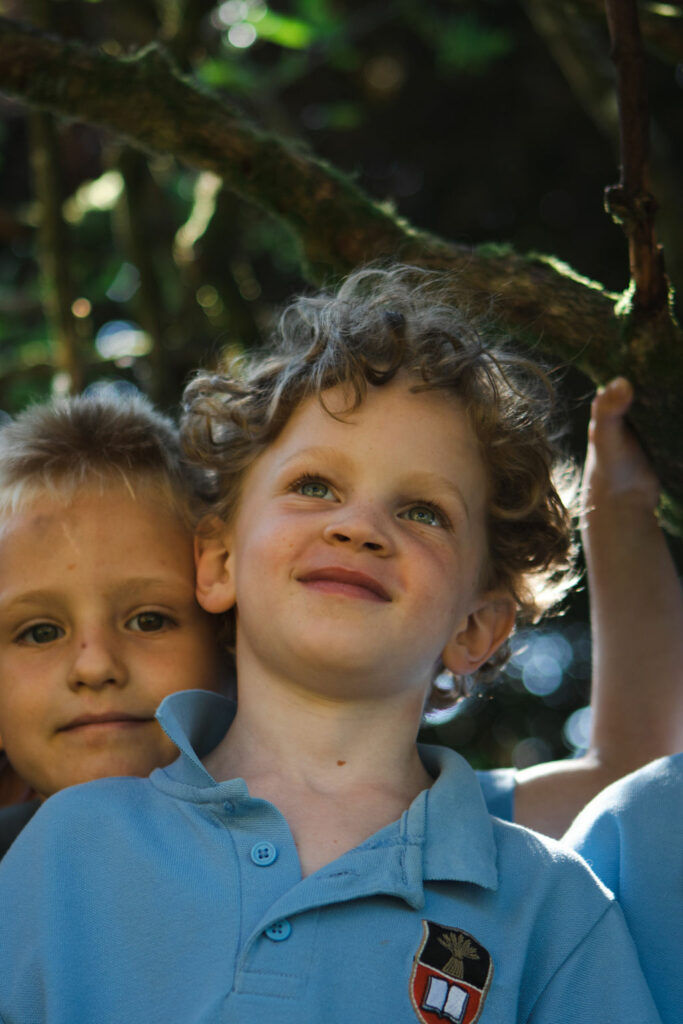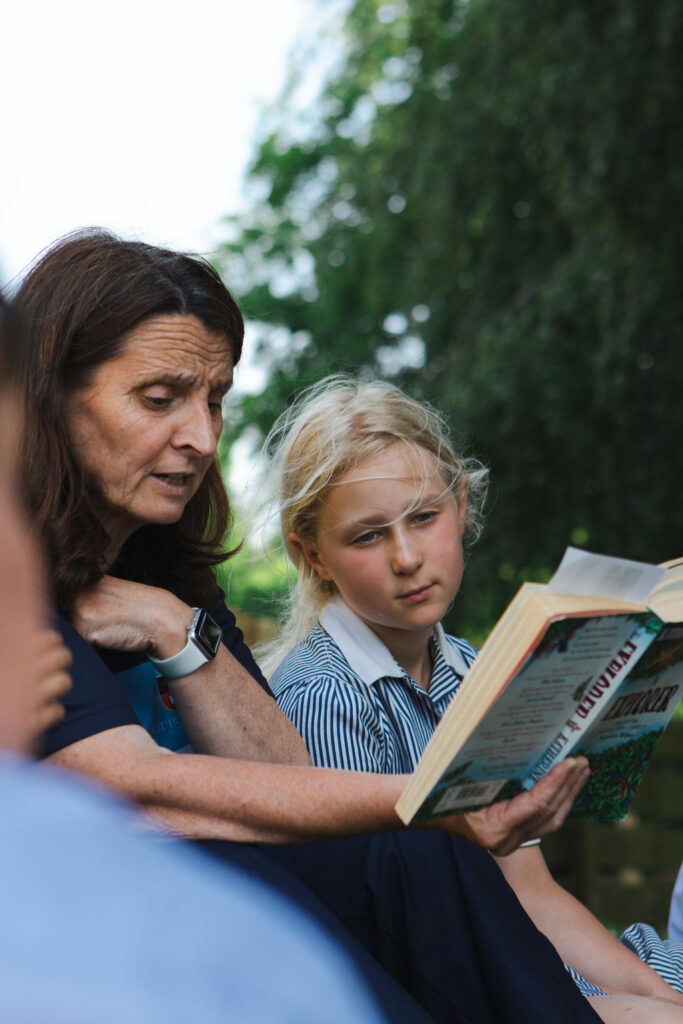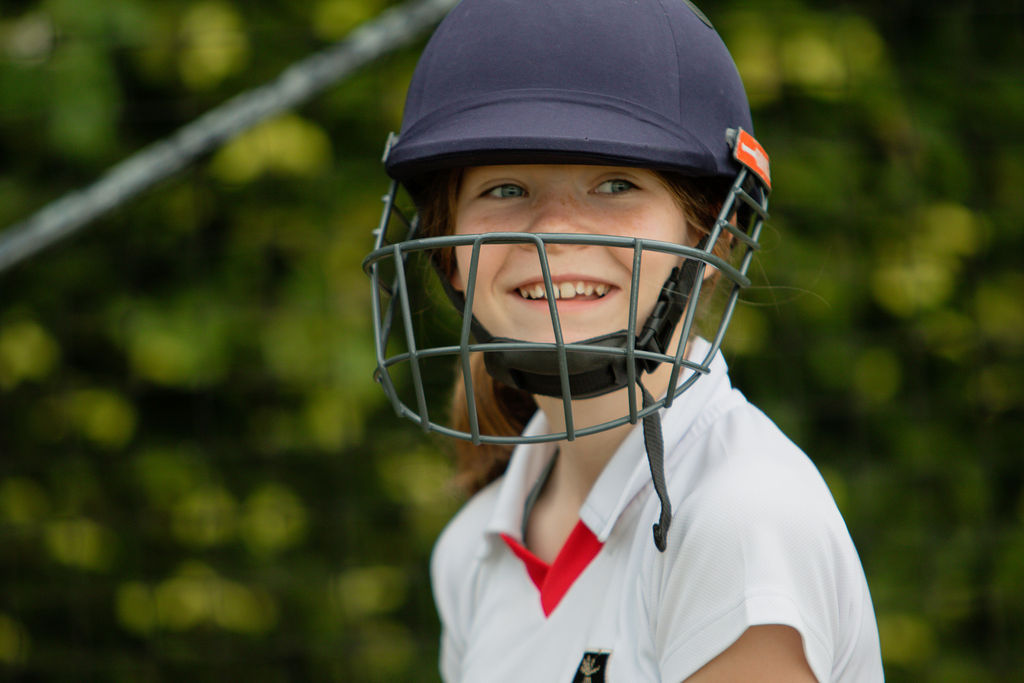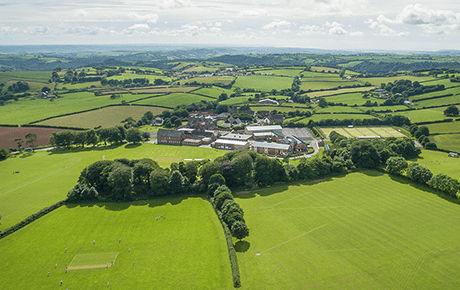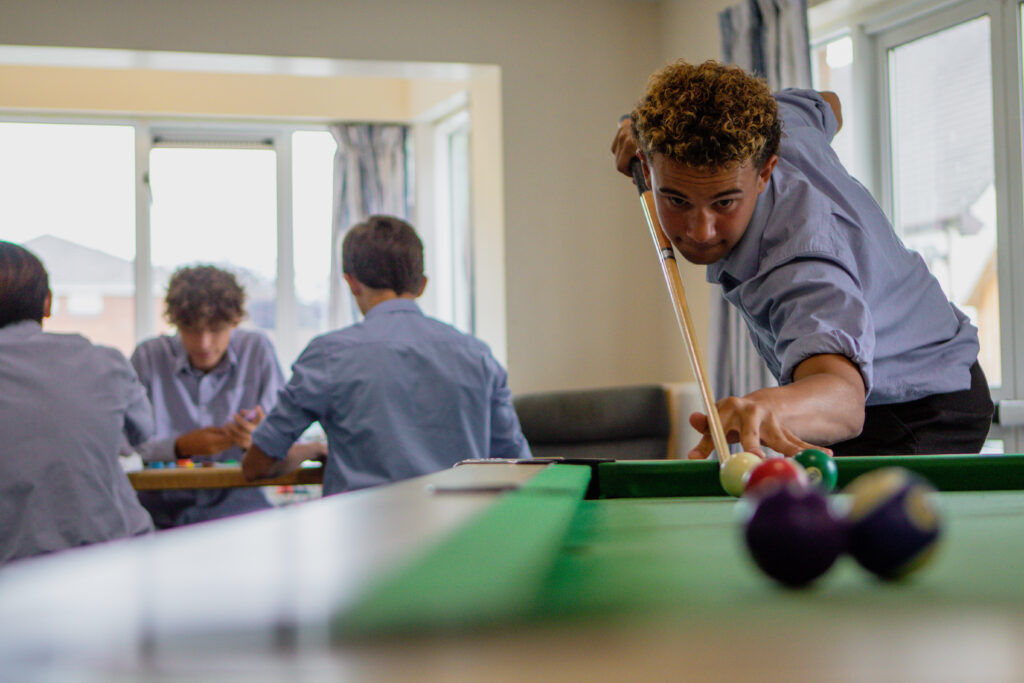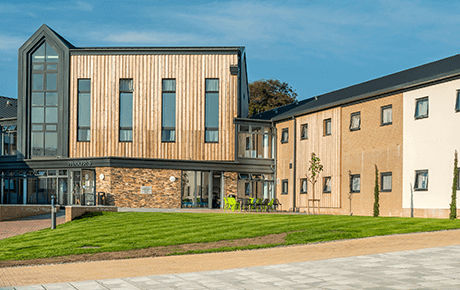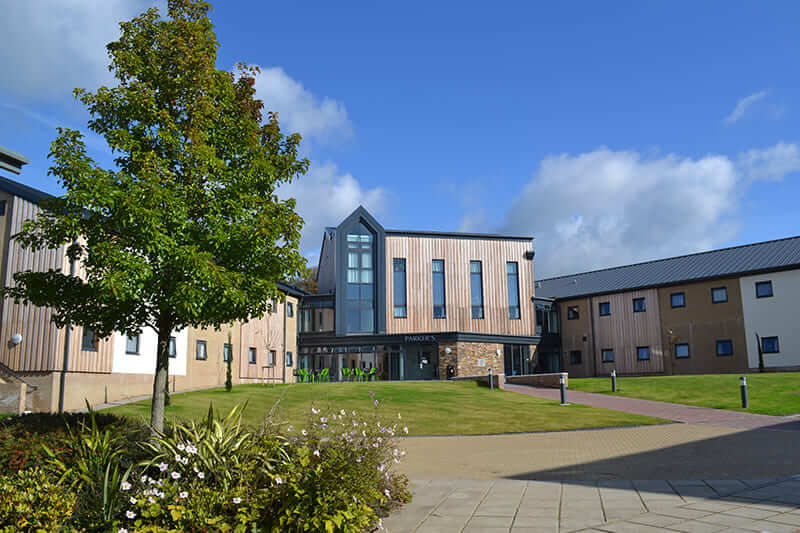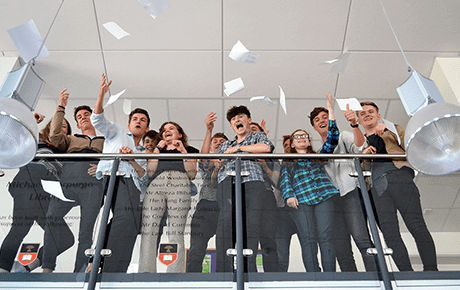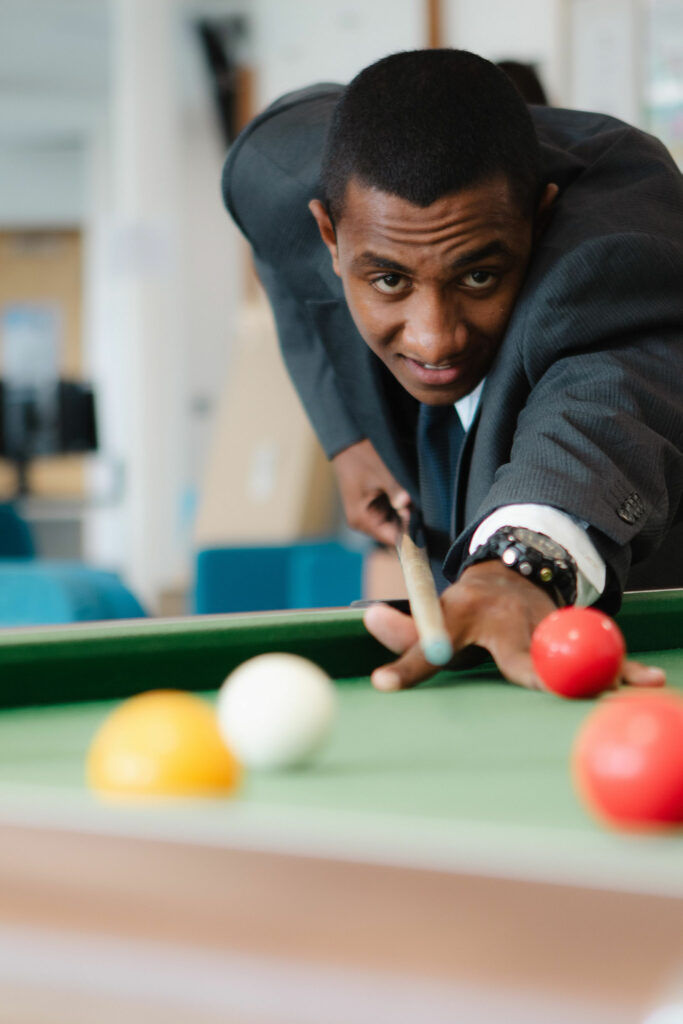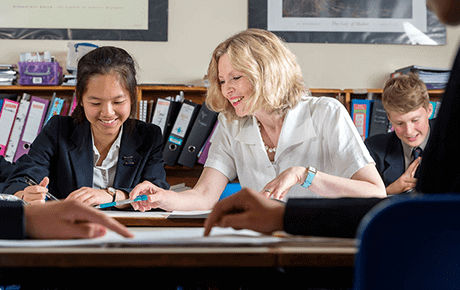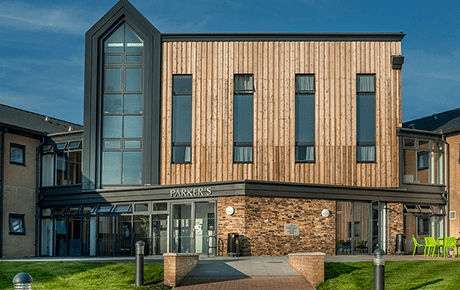

Prep Director of Music, Dom Carter on how music at an early age nurtures soft as well as hard skills
We asked Dom to explain why music is so important in a child's development

It's a lot of fun, if I'm honest!
My role is to teach music to the pupils in the Prep school and each class received 60 or 90 minutes of music per week. On top of that I run three choirs, a Prep band and a brass group. At the moment all prep 4 pupils are learning a brass instrument in their curriculum lessons.
I take a different approach to teaching depending on the age group. When teaching the little ones, it is important to physically get down to their level – ‘playing’ on the floor and exploring instruments. I also spend a lot of time listening to their stories and we often incorporate these into lessons, singing (high squeaky voice) with them and joining in with music games and dancing. It’s a lot of fun if I’m honest!
Learning critical skills
Music teaches children both soft and hard skills. Practice with their breathing is incredibly beneficial, physically, as it focuses on increasing lung capacity, controlling their diaphragm and building core muscle strength, which in itself improves balance and posture.
Practicing fingers on keys develops fine motor-skills and increases coordination. An interesting fact is that in the modern age where we spend more time on our phone and less time doing crafts such as sewing and mending, we have lost the motor skills that are needed for professions such as surgery.
Other skills that children develop include coding – reading the music and sight-reading; personal management – following a practice schedule, organising your music and preparing for lessons, as well as developing a good work ethic.
Finally, music involves the need to be able to work as a team. Any musician who has been in an ensemble, choir, band, orchestra of even soloist with accompaniment, leans the empathy to perform with others. They must work together to create a complete performance. As they improve, they listen to each other, often in minute detail, to develop character and emotion in their playing.
Starting so young can allow children to ‘shine’ and give them an identity in their class, which is very encouraging and builds the confidence that will hopefully remain with them.


The older students take rehearsal sessions
Being a through-school has a number of benefits but none more so, for me, than the fact that the older music students act as mentors to the younger ones and this certainly happens with music. They will often assist by taking rehearsals and act as role models when they sing in the same choir or play in the same orchestra as the younger children.
Also, the specialist visiting music teachers that we have for both the senior and prep school mean that any child can learn virtually any orchestral instrument, as well as drums, guitar, voice, musical theatre, piano and percussion. These specialist teachers can ignite a passion from an early age which can only be a force for good in a pupil’s future education.


